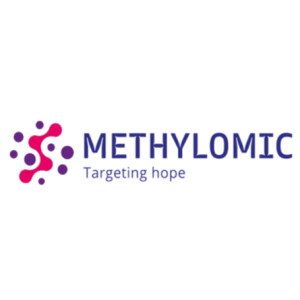 \
&
Contact us
\
&
Contact us
 \
&
Contact us
\
&
Contact us
Published on | 3 years ago
Last updated on | 3 weeks ago

pascal.verheye@vlaio.be
A Data Management Plan (DMP) describes the data management life cycle for the data to be collected, processed and generated by a Horizon project.
It is a document that describes
1/ what data will be generated by the project,
2/ whether and how it will be exploited or made accessible for verification and re-use, and
3/ how it will be curated and preserved.
The DMP should therefore include information a) on the handling of research data during & after the end of the project, b) on what data will be collected, processed and/or generated, and c) on which methodology & standards will be applied. It goes without saying that the plan needs to be specific and adapted to the nature of the data.
A DMP is a living document. Typically you would indicate the outline (core vision/choices you'll follow) in the proposal. Next, a first version needs to be developed during the initial project months (e.g. as a project deliverable in the dissemination WP). This document will need regular updates, especially when significant changes occur (e.g. new datasets, changes in policy). It can be also a best practice to provide an update along with the periodic reporting. A final version needs to be on the list of end-of-project deliverables.
A DMP fits in the movement of making research data FAIR: Findable, Accessible, Interoperable and Re-usable. This can be seen as an improvement (because: more nuanced) of open data.
Since EU grants are financed by public funds, beneficiaries are expected to disseminate their project results. In this way, the projects can benefit a larger group of persons and reach wider target groups.
In most cases, you create a DMP by filling out a template or by answering questions from a checklist.
There exists an official generic template from the European Commission(version of 2021-05-05 also attached to this info sheet) that describes in 10 (sub)sections the topics that need to be covered.
For more background and additional help, we refer to the OpenAIRE project. Though this is written within the context of the Horizon 2020 Open Research Data Pilot, the main content remains valid and relevant. You'll also find there 8 other guides, dealing with specific issues (e.g. raw data, non-digital data, sensitive data, ...) and the broader context (e.g. assess RDM costs, repositories, ...)
There exist software tools (e.g. DMP online, DMPTool, ...) that help you create a DMP. Typically you'll have to select the appropriate template, after which guidance is provided in the form of a limited set of relevant questions.
We offer news and event updates, covering all domains and topics of Horizon Europe, Digital Europe & EDF (and occasionally, for ongoing projects, Horizon 2020).
Stay informed about what matters to you.
By signing up, you can opt in for e-mail notifications and get access to
a personalised dashboard that groups all news updates and event announcements in your domain(s).
Only for stakeholders located in Flanders

The METHYLOMIC project, ‘targeting hope for personalised medicine in immune-mediated inflammatory diseases’ obtained funding from Horizon Europe’s Health Cluster. The project aims to personalise treatment allocation and enhance the effectiveness of medications for chronic immune-mediated diseases such as Crohn’s disease, rheumatoid arthritis, and psoriasis. BIRD, the Belgian inflammatory bowel disease research and development group, is a partner in the project and is involved in the OmiCrohn trial, a prospective randomised clinical trial for individualised therapy in Crohn’s disease patients. With BIRD’s active role in this trial, the project is set to deliver predictive, biomarker-based therapies that bring renewed hope for Crohn’s disease patients across Europe.